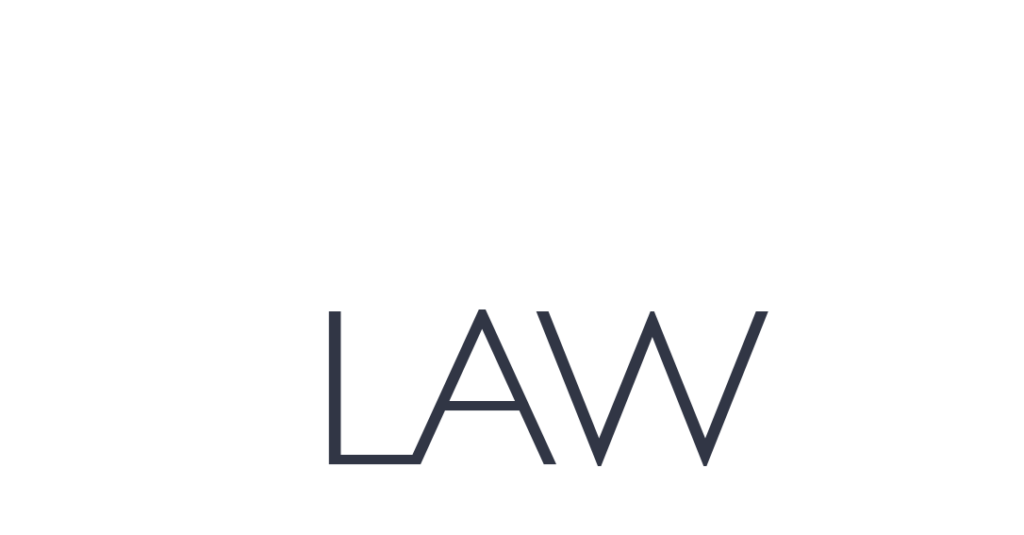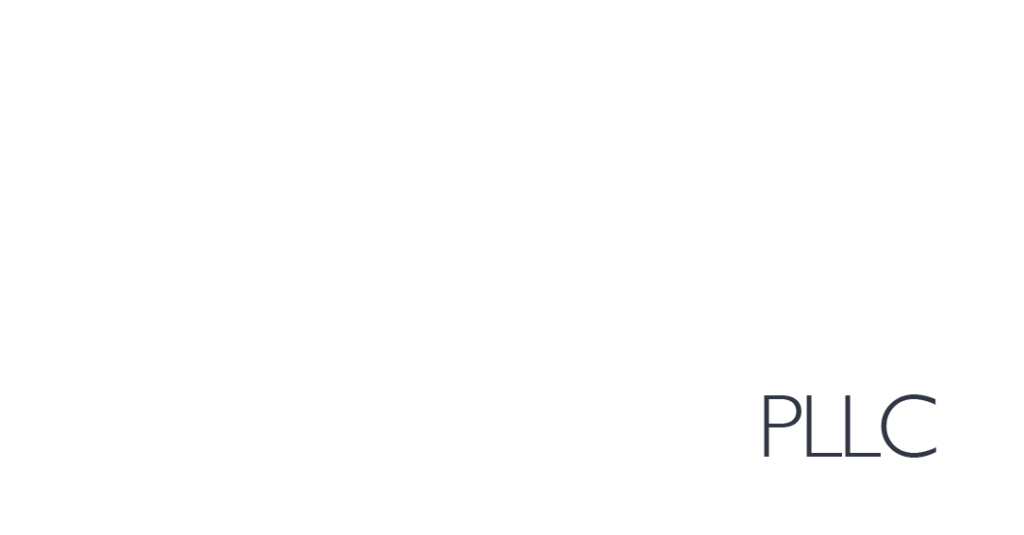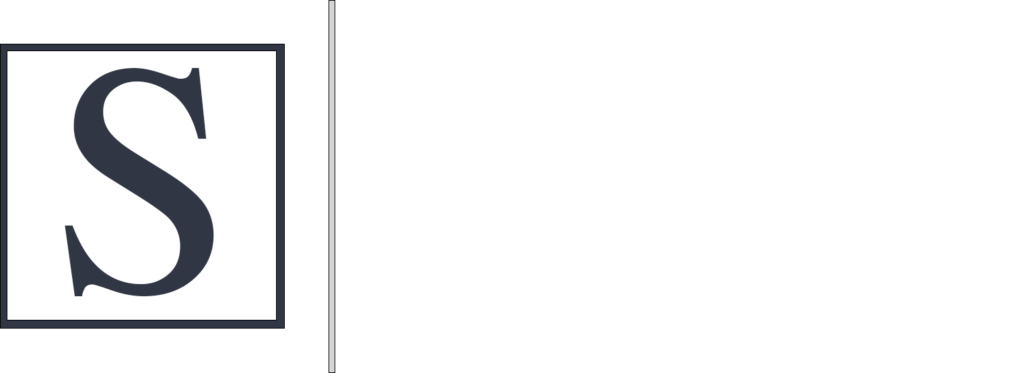Chapter 13 Bankruptcy
If you are struggling with debt but still have a regular income, Chapter 13 bankruptcy might be the solution you need. Unlike Chapter 7, which eliminates most debts, Chapter 13 allows you to reorganize and repay your debts over time. At Sieling Law, PLLC, we help clients in Eden Prairie and the surrounding areas navigate the complexities of Chapter 13 bankruptcy, offering a path to regain control of their finances without losing valuable assets like a home or car.
What Is Chapter 13 Bankruptcy?
Chapter 13 bankruptcy is often referred to as a “wage earner’s plan” because it allows individuals with a steady income to develop a repayment plan for their debts. The goal of Chapter 13 is to help you catch up on missed payments, reduce some debt balances, and create a manageable payment plan over a period of three to five years.
One of the major advantages of Chapter 13 is that it can stop foreclosure proceedings and allow you to keep your home, provided you follow the repayment plan and stay current on your mortgage payments.
How Does Chapter 13 Bankruptcy Work?
The Chapter 13 process begins with filing a petition in bankruptcy court. Once the petition is filed, an automatic stay goes into effect, halting collection efforts such as wage garnishments, lawsuits, and foreclosure actions.
Next, you will submit a proposed repayment plan that outlines how you will repay your creditors over the course of three to five years. The bankruptcy court and your creditors must approve this plan. The amount you repay will depend on your income, the value of your assets, and the type of debt you owe.
Under Chapter 13, certain unsecured debts like credit cards and medical bills may be reduced, and in some cases, the balance can be wiped out entirely after the repayment plan is completed. Secured debts, like your mortgage or car loan, can be reorganized to make payments more manageable and prevent repossession or foreclosure.
Eligibility for Chapter 13 Bankruptcy
To qualify for Chapter 13 bankruptcy, you must have a regular income that allows you to make monthly payments according to the repayment plan. Additionally, your unsecured debts must be below a certain threshold, and your secured debts must not exceed a specific limit, as outlined by federal law. If your debts are too high, you may not qualify for Chapter 13 and could consider other bankruptcy options.
Debts Covered in Chapter 13
Chapter 13 bankruptcy helps you reorganize and manage a variety of debts, including:
- Mortgage arrears
- Car loans
- Credit card debt
- Medical bills
- Personal loans
- Past-due taxes
- Utility bills
Certain debts, like child support, alimony, and most student loans, cannot be discharged under Chapter 13, but they may be included in the repayment plan.
Why Choose Sieling Law, PLLC for Your Chapter 13 Bankruptcy?
Filing for Chapter 13 bankruptcy can be a complicated process, but with the right legal guidance, you can come out stronger on the other side. At Sieling Law, PLLC, we understand that every client’s financial situation is unique. Our experienced attorneys will work closely with you to create a customized repayment plan that fits your needs and helps you achieve financial stability.
Whether you’re trying to avoid foreclosure, catch up on missed payments, or reorganize your debts, our team is here to support you. We will guide you through the bankruptcy process step by step, ensuring that your case is handled efficiently and your rights are protected.
Contact Us for a Free Consultation
If you are considering Chapter 13 bankruptcy and want to learn more about how it can help you regain control of your finances, contact Sieling Law, PLLC today. We offer free consultations to discuss your options and help you find the best solution for your financial challenges. Call us at [phone number] or fill out our online form to schedule a consultation.









